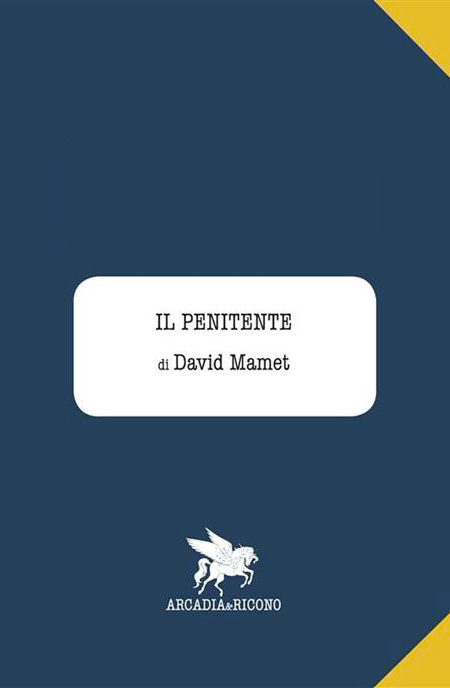

The cinematic adaptation of one of David Mamet’s latest theatrical texts, translated and brought to the Italian stage by Luca Barbareschi himself. A psychiatrist sees his private life and pro
I ‘met’ – so to speak – David Mamet at class, where his essays collected in Three Uses of the Knife were a must read for any drama or film student. Mamet is an American playwright, screenwriter, director, and essayist, a giant both in Hollywood and in Broadway. I love his writing, from The Postman Always Rings Twice (Bob Rafelson, 1981) to The Verdict (Sidney Lumet, 1982), to The Untouchables (Brian De Palma, 1987), to Hannibal (Ridley Scott, 2001).
His theatre dramas enjoyed international success, especially Glengarry Glenn Ross, which earned Mamet a Pulitzer Award, and was brought to Italian theatres by Luca Barbareschi. Some thirty years ago, I saw Oleanna, inspired by a then-ongoing trial about a professor accused of sexual harassment by one of his students. Boston Marriage also made its way to Italy, starring Veronica Pivetti in a polarizing performance.
I recently read the thick dialogues of the two protagonist couples in The Penitent (2016), again translated and staged by Barbareschi. A cinematic transposition is currently being screened at the Venice Film Festival, out of competition. The story follows a psychiatrist roasted by public opinion after a patient of his commits a heinous crime. His wife, his lawyer, and a friend all try to convince him to play a tactical defence strategy, while the protagonist refuses to let go of his integrity and autonomy, two human values that seem lost in modern society.
The Penitent is, in fact, a mystery story, with the surprise coming only at the very end. David Mamet’s cultural roots are clearly visible in the text: the sophisticated debate conducted by the lawyer (Mamet’s father was one), the interesting reflection on the story of Nadab and Abihu, priests and sons of Aaron, consumed by God’s fire for disobeying His instructions.
What are the background reasons behind the choice of these topics? Only Kierkegaard could maybe treat the issue with some consistency and adequacy. On our part, we shall only point out that Mamet is a practicing Jew, and only a few years ago, published an essay on anti-Semitism, The Wicked Son (2006).